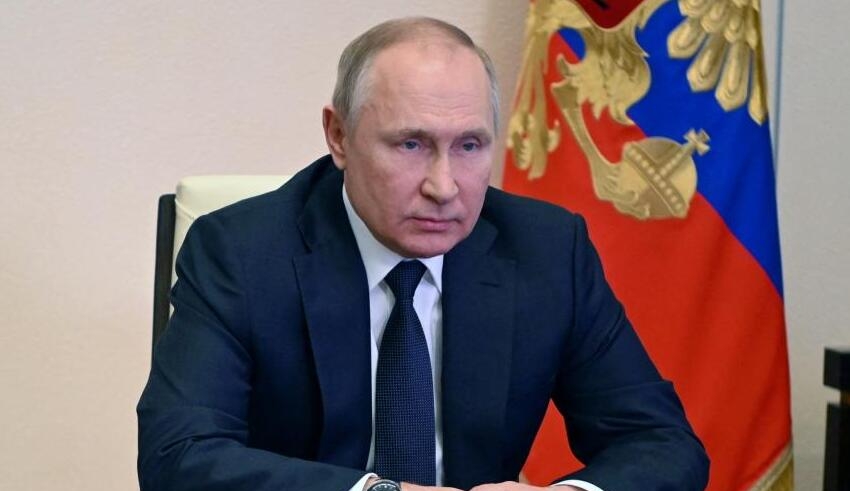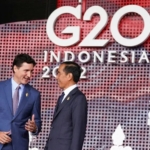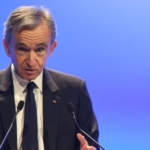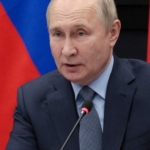
President Vladimir Putin delivered Russia’s long-awaited reaction to a Western price ceiling on Tuesday, December 27, by signing an order prohibiting the delivery of crude oil and oil products to nations that adhere to the quota for five months beginning on February 1.
In response to Moscow’s “special military operation” in Ukraine, the Group of Seven, the European Union, and Australia agreed this month to a $60-per-barrel ban on Russian seaborne crude oil beginning on December 5.
The cap is similar to the current price for Russian oil, but far lower than the windfall price that Russia was able to sell at this year, which helped to mitigate the effect of financial sanctions on Moscow.
Russia is the second-largest oil exporter in the world, behind Saudi Arabia, and a significant disruption to its shipments would have far-reaching effects on the global energy supply.
The directive, which was published on a government website and the Kremlin website, was characterized as a direct response to “unfriendly and contrary to international law acts by the United Governments and foreign states and international organizations joining them.”
“Deliveries of Russian oil and oil products to foreign entities and individuals are prohibited if a maximum price fixing mechanism is directly or indirectly envisaged in the contracts for these supplies,” the decree stated, referring specifically to the United States and other countries that have imposed the price cap.
Keep Reading
“The imposed ban applies to all phases of distribution, including the final consumer.”
The edict, which includes a clause allowing Putin to overturn the prohibition in exceptional circumstances, declared, “This…begins on February 1, 2023, and remains in effect until July 1, 2023.”
The embargo on crude oil exports will take effect on February 1, although the date of the prohibition on oil products will be set by the Russian government and might be after February 1.
According to a number of economists, the cap will have little immediate effect on the oil income Moscow is now generating.
However, Finance Minister Anton Siluanov stated on Tuesday that Russia’s budget deficit could exceed the planned 2% of gross domestic product in 2023, due to the oil price cap squeezing export revenue. This would be an additional fiscal challenge for Moscow, which is spending heavily on its military campaign in Ukraine.
Russia had promised to reply formally for weeks, and the ensuing edict basically confirmed what authorities had already stated publicly.
The G7 price limit permits non-EU nations to continue importing Russian crude oil by sea, but prohibits shipping, insurance, and reinsurance companies from transporting cargoes of Russian crude oil throughout the world unless it is sold for less than the price cap.
Separately, EU nations have established an embargo that forbids them from acquiring Russian oil transported by water.
On Tuesday, Russian Urals oil traded over $56 per barrel, below the price ceiling.
As of 17:43 GMT, Brent crude oil has risen by 1.4% to $85.1 on the back of the announcement.



























